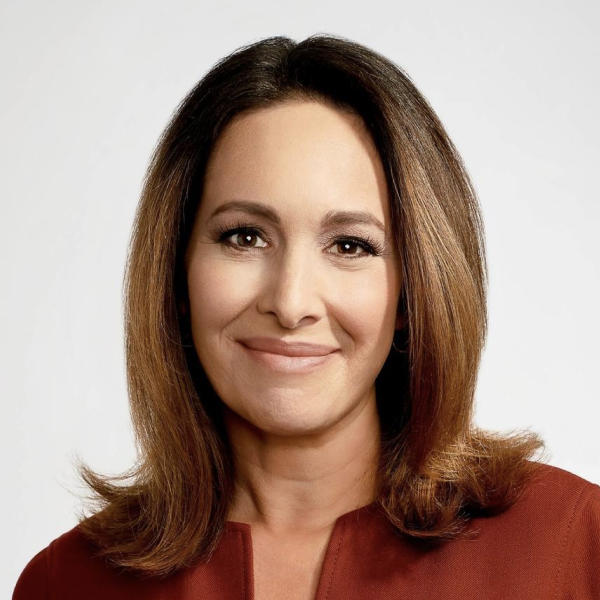Mammogram Task Forces Goes before Congress
Sticking carefully to the script, the lead doctors behind the controversial new mammogram recommendations issued a mea culpa, saying they "communicated very poorly."
But for many lawmakers, it wasn't just the communication that fell short, reports CBS News correspondent Nancy Cordes.
"To me it's sending the wrong message to women. It's saying you don't have to be vigilant, you don't have to take care of yourself," said Rep. Sue Myrick, R-N.C.
Still, the government-appointed task force is holding firm on its recommendation that most women should not get regular mammograms until the age of 50.
"Mammograms over 40 should not be automatic," said Dr. Diana Petitti, a co-author of the study.
Many doctors are ignoring that advice, recommending that patients are screened annually.
"Is there anything that this panel could say that would convince you that women should wait until after 50 to get mammograms?" Cordes asked Dr. Mark Reiter.
"It would be very difficult," Reiter said. "I think they should listen to the women under 50 who have been diagnosed with breast cancer due to the virtue of the mammograms."
The task force leaders said Wednesday they were swayed by the frequency of false positives among younger women, which can lead to stress and unnecessary surgery.
They were pressed to explain another controversial recommendation regarding breast self-exams.
"The task force recommended against clinicians teaching women breast self examination. They did not recommend that women not pay attention to their bodies," Petitti said.
"Well, how are women to get that knowledge?" Rep. Michael Burgess, R-Texas asked. "They can't just get it by intuition!"
Lawmakers and doctors worry that insurance companies will use the guidelines to justify reductions in mammogram coverage.
"Wait until that insurance company comes out and says 'Well we based it on this task force, a government task force recommendation says I don't have to pay for mammography for a woman ages 40-49,'" said Rep. Michael Rogers, R-Mich.
The task force insists its guidelines have been misconstrued to mean that women under 50 should forgo mammograms altogether. They say they meant to convey that women under 50 should consult with their doctor to make the choice that's right for them.
